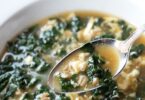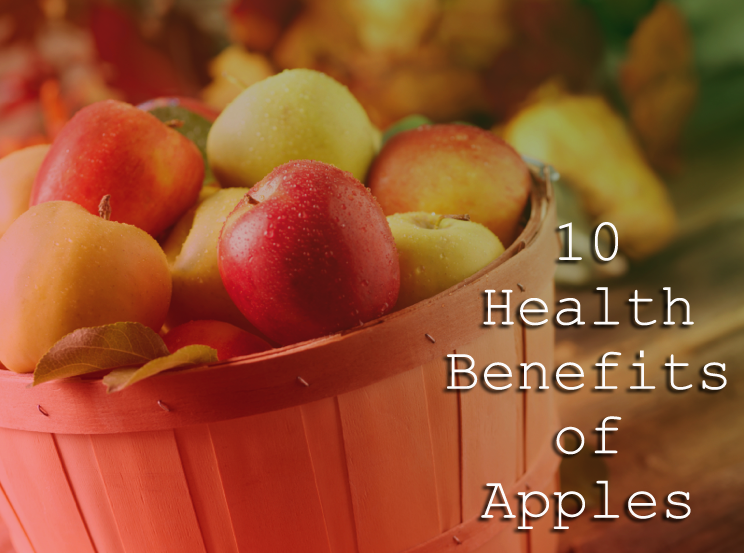The best of the weird foods?
There are a lot of pretty strange foods consumed around the world. From bugs to strange-looking fruits to things like pink slime, food comes in all sorts of unusual shapes and sizes. Here’s another one to add to your list: camel milk!
Camel milk is the primary source of milk for most Bedouin cultures, as camels are also their primary source of transportation. However, what you may not know about camel milk is that it’s the closest thing to breast milk. It has the nutritional profile most strongly resembling human breast milk, making it an excellent alternative for infant nourishment.
Here are a few other odd but true camel milk health benefits:
- Eco-friendly – Camel’s milk is more environmentally friendly due to the fact that camels don’t graze like cows or goats do. There is also less methane produced by camels, and the grazing area of camels is significantly smaller (meaning less environmental impact).
- Better nutrition – Camel milk has a very high amount of protein, Vitamin C, and iron. The nutritional profile of camel milk is better than cow’s milk, and is on par with human breast milk.
- Immune boosting – The organic compounds and proteins in camel’s milk delivers a hefty dose of nourishment that boosts the immune system, particularly gut bacteria. The milk has antimicrobial properties, meaning it can help to prevent microbes from attacking the body and causing disease and infection.
- Treat diabetes – Camel milk is an unusual source of insulin, which your body produces to control sugar levels. More insulin (via camel milk) means better blood sugar control. With insulin from the camel’s milk, there may be no need for insulin injections to prevent high blood glucose levels. It can be both a treatment and preventive measure.

READ MORE: Donkey Milk for Skin is a Thing, People.
- Reduce allergic reactions – Camel’s milk doesn’t have the same type of lactose as cow’s milk. Consuming camel’s milk will help to reduce the risk of lactose intolerance or sensitivity. The chemical makeup of camel’s milk is different enough from cow’s milk that you can consume it without worrying about allergic reactions. Most lactose intolerant people can drink camel’s milk without side effects.
- Better circulation – The iron in camel’s milk will do wonders for your circulation. Iron is needed for the production of red blood cells, which transport oxygen and nutrients around the body. Getting more iron (via the milk) is a great way to improve your body’s delivery system and ensure proper nourishment and oxygenation.
- Healthy growth – The protein in the milk will play a role in the development of new muscle and tissue cells. Camel’s milk is often given to infants in order to promote healthy physical and neurological growth.
- Combat autoimmune disorders – The organic compounds unique to camel’s milk can have powerful beneficial effects on your neurological system. In fact, it may even be able to combat certain autoimmune disorders.
As you can see, camel’s milk offers a lot of amazing health benefits. It may be one of the most amazing sources of milk on the planet!
Sadly, it’s one of the priciest types of milk to produce. Camels do not produce anywhere near as much milk as cows or goats, and the milking process is both time-consuming and difficult. Camel’s milk can cost as much as 50 times what you’d pay for cow’s milk. It’s also difficult to find camel’s milk in the Western world. It’s mostly available in North Africa and the Middle East, though there are some suppliers that import it to Europe and North America.








